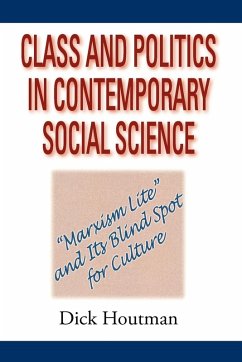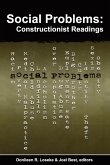Dick Houtman argues that neither authoritarianism nor libertarianism can be explained by class or economic background, but rather by position in the cultural domain-- what he calls cultural capital. Although he examines all of the statistics and arguments of the conventional approaches with care and concern, Houtman convincingly demonstrates that the conclusions drawn from earlier studies are untenable at a more general theoretical level. Despite differences among advocates of class explanations, their theories are based on largely identical research findings--in particular a strong negative relationship between education and authoritarianism. Unobstructed by the conclusions these authors felt called upon to draw from the findings themselves, Houtman configures them in a new way. The hypotheses derived from this new theory allow for a systematic, strict, and competitive testing of original theses without ignoring the value of and earlier research. After demonstrating that authoritarianism and libertarianism cannot be explained by class or economic background, Houtman examines the implications of this argument for today's death of class debate in political sociology. He holds it to be unfortunate that the relevance of class to politics is typically addressed by studying the relation between class and voting. This conceals a complex cross-pressure mechanism that causes this relationship to capture the net balance of class voting and its opposite, cultural voting, instead of class voting. He argues that references to a decline in class voting may be basically correct, but dogmatic reliance on the relation between class and voting to prove the point systematically underestimates levels of class voting and produces an exaggerated picture of the decline.
Hinweis: Dieser Artikel kann nur an eine deutsche Lieferadresse ausgeliefert werden.
Hinweis: Dieser Artikel kann nur an eine deutsche Lieferadresse ausgeliefert werden.








